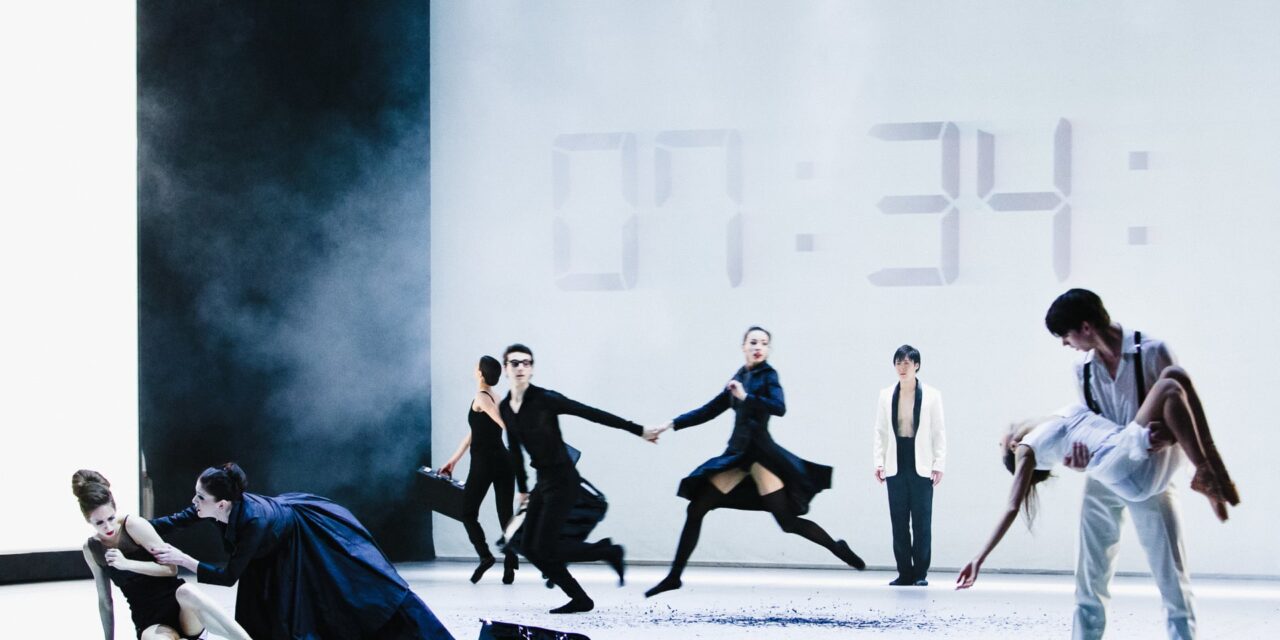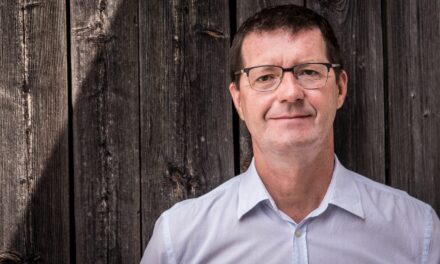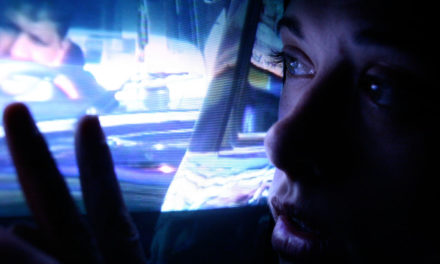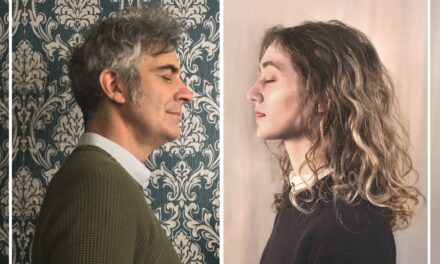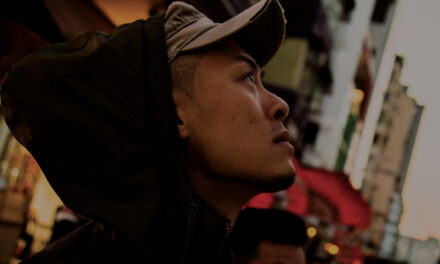Dubravka Vrgoč, General and Artistic Director of the Croatian National Theatre in Zagreb, is set to leave her role this autumn after over 8 years in post. Before this she was Director of ZKM, the Zagreb Youth Theatre, and set up the Croatian World Theatre Festival in 2003 alongside Director Ivica Buljan. Her career has been defined by a commitment to rebuilding the national theatre scene, decimated by war in the 1990s, and connecting Croatian theatre to wider Europe – by investing in international collaboration and promoting the concept of a ‘European’ theatre.
Christy Romer: What is the most valuable lesson that you learned from your time at the Croatian National Theatre in Zagreb?
Dubravka Vrgoč: The most valuable lesson I learned in Croatian National Theatre is that running the theatre is much more then just running the theatre, because the theatre involves, in itself, the whole world. From the very beginning my ambition was to translate the ‘National’ in the title into the notion of progressive, and thus keep the national character in the context of the authentic contribution of Croatian culture to the European. Then to enable the meeting between the author and the audience, so that their relationship is richer and more exciting, in order to guarantee freedom of artistic creation and its availability to as many people as possible. To set up a meeting of domestic and foreign artists in the hope that this meeting would result in an artistic shift in performance, and the perception that the Croatian National Theatre in Zagreb is one of the central European theatres – this was one of my major aims in the process of redefining the position and mission of National Theatre in Croatian society. By reviewing existing practices, we made the Croatian National Theatre in Zagreb a space of individual freedoms, not only with its repertoire but also with its activities and wider mission, strengthened by a unique sense of belonging to a common adventure, and the exchange of physical and mental experiences: a place of meeting, touch and fight for cultural democracy.
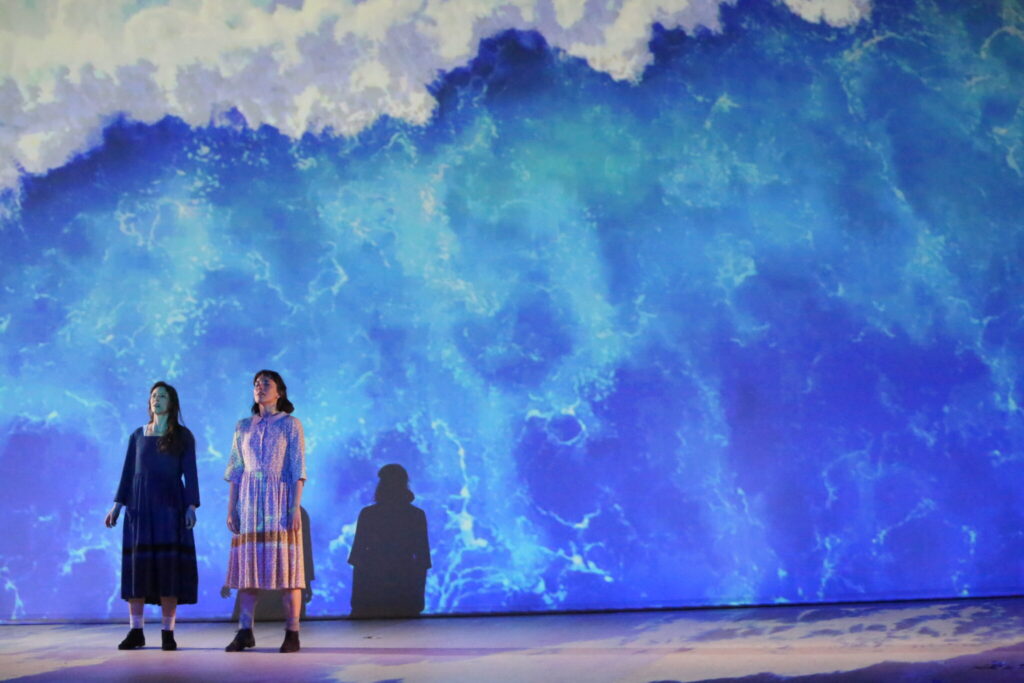
My Brilliant Friend. Credit: Croatian National Theatre in Zagreb.
CR: At both the Croatian National Theatre in Zagreb and ZKM, you worked closely with the European Theatre Convention (ETC) network of European theatres. How important has this collaboration with other theatres around the continent been for your work?
DV: All of my career I have worked nationally and internationally, trying sometimes very hard to promote Croatian theatre in Europe and the world, and present European and world theatres in Croatian through international exchanges, co-productions and the World Theatre Festival, which over the past 20 years has been presenting some of the most significant European artists of 20 and 21st centuries. After the years of isolation caused by the war in the beginning of 90s, a traumatic post-war time at the end of 90s and a time of transition which Croatia is still facing, our wish has been to get closer to European theatre and to finally set up the dialogue with European theatre. The European Theatre Convention helps me a lot in this mission. I find the role of ETC in European theatre extremely important; for many years ETC has made possible the meeting of various artists, different theatres, different languages, and thus different cultures in the specific European context. Through ETC, European theatre today becomes more visible and more accessible to all European citizens.
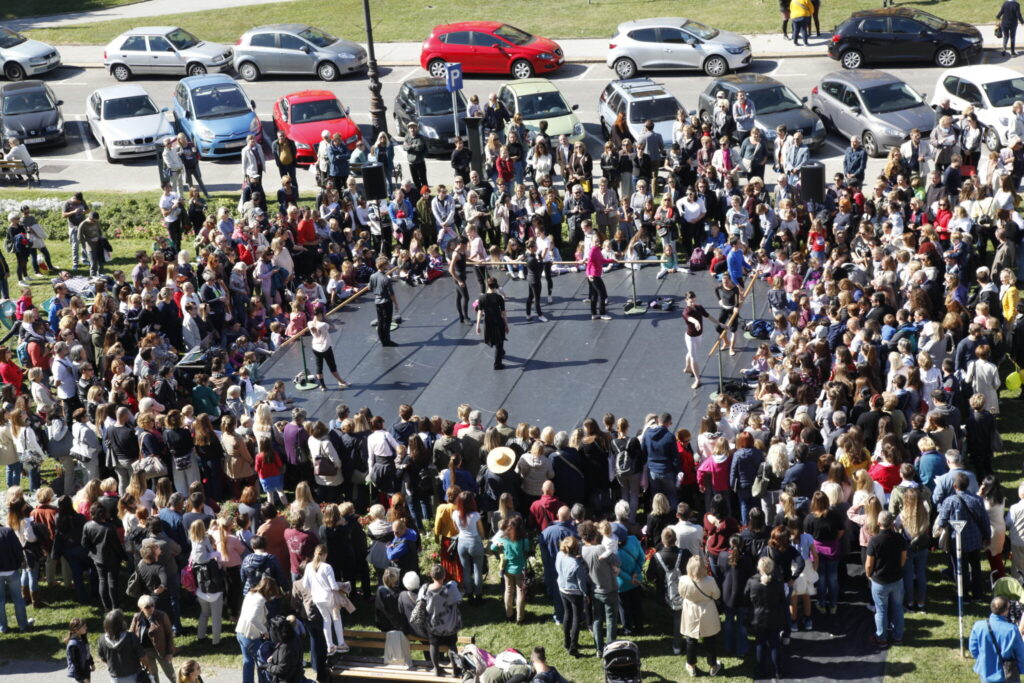
Summer Evenings Festival. Credit: Croatian National Theatre in Zagreb.
CR: As we begin to think about life after the pandemic, what do you think will come next for theatre in Croatia?
DV: The period we have gone through is not a period of crisis, or transient weakness, but a disaster for which mechanisms need to be found to fix. Endurance in this context translates as the human ability to live and progress by overcoming traumatic shocks and developing despite adversity. The pandemic time has already left deep consequences and traces on Croatian and European Theatre. For sure, it is not the same theatre as it was before the pandemic. Lots of European theatres lost their audience and some of spectators will never come back to the theatre. In this case, the theatre in postpandemic times should be more attractive then it was before. The people who create the theatre should identify the needs of this specific time and find a way to tell people new stories which they will recognize as their stories. Performances must be shorter, aesthetically innovative, but adaptable in technical and performance terms.
From what has emerged in this period, from the need to adapt to the pandemic, it that it is necessary to draw conclusions for the best examples of programmes and models of interaction with the audience. We have noticed that the audience accepted their participation with great enthusiasm. In this way, audiences will find theatre again as the place of high needs, important in their lives. Otherwise, theatre will be stuck in the time of traumas, repeating the same old models, not able to be transform according the different needs of society.
CR: And what is next for you?
DV: I still do not know. I would be excited to share my experience and knowledge through collaborations, and I am also open to taking on a position in European theatre similar to those I have successfully held so far.
Dubravka Vrgoč is set to leave her role as General and Artistic Director of the Croatian National Theatre in Zagreb by 1 September 2022, following the appointment of a new director by the country’s Minister of Culture. European Theatre Convention has published its official statement on this decision.
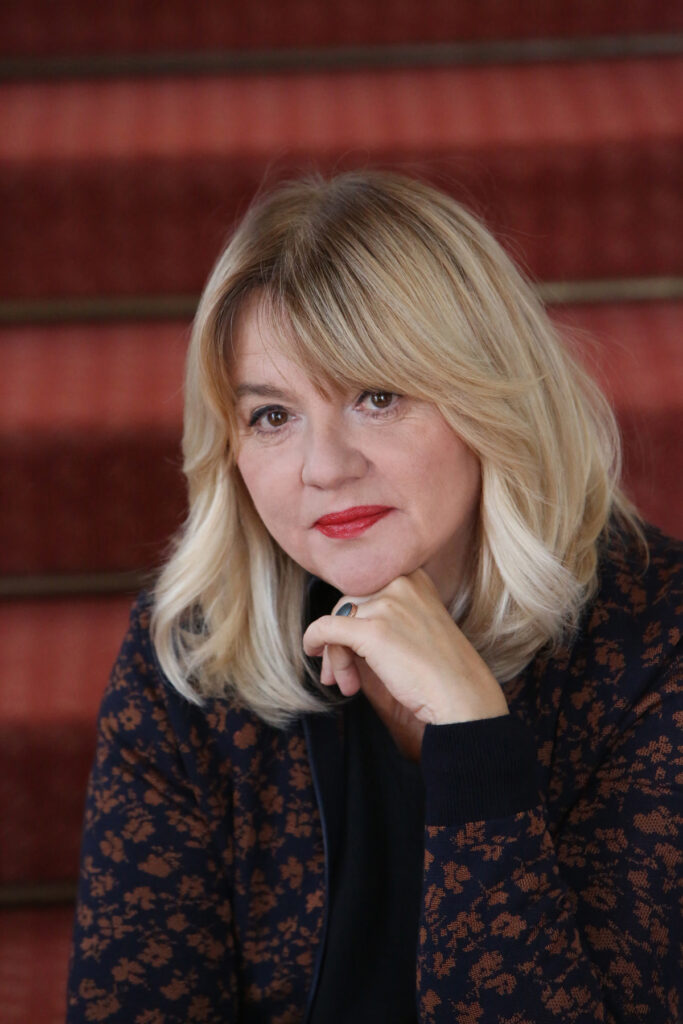
Dubravka Vrgoč. Credit: Dubravka Vrgoč.
This post was written by the author in their personal capacity.The opinions expressed in this article are the author’s own and do not reflect the view of The Theatre Times, their staff or collaborators.
This post was written by Christy Romer.
The views expressed here belong to the author and do not necessarily reflect our views and opinions.

